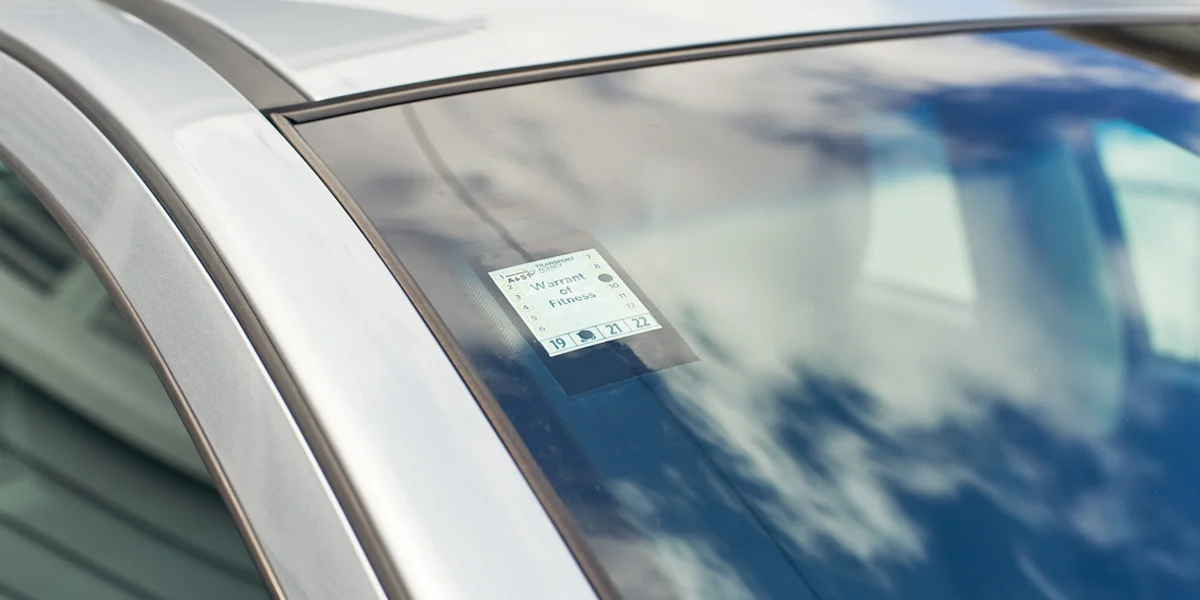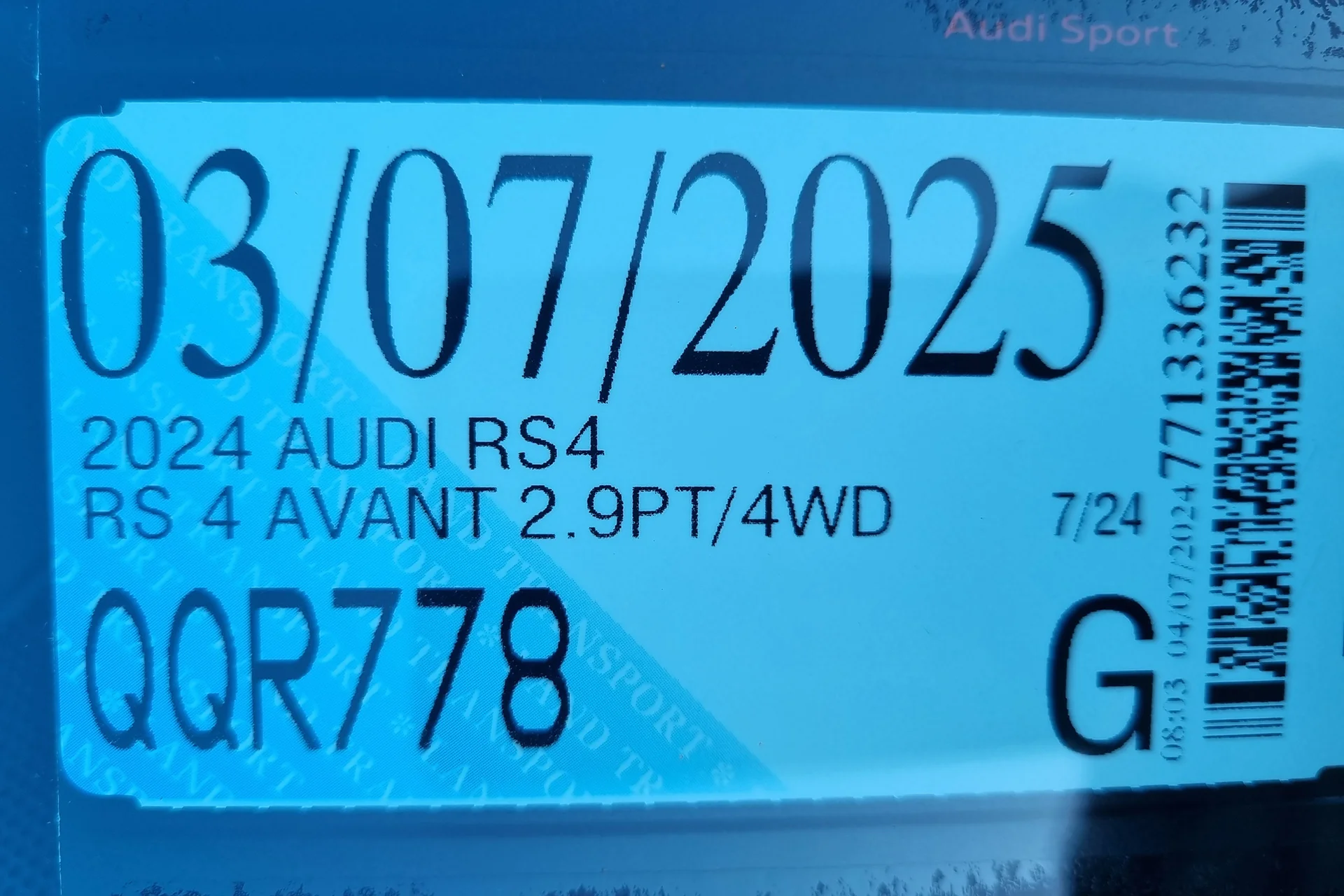Feature article
How to Change Vehicle Ownership
When buying or selling a vehicle in NZ, you are required to let the NZ Transport Agency know about the transaction.

Online or at an agent
Changing vehicle ownership as the seller
Changing vehicle ownership as the buyer
Important details
The NZTA does not handle vehicle ownership
Sale and Purchase Agreement
Personalised car plates
Rego overdue
RUC overdue
WoF or CoF expired
Author
Other articles you might like




